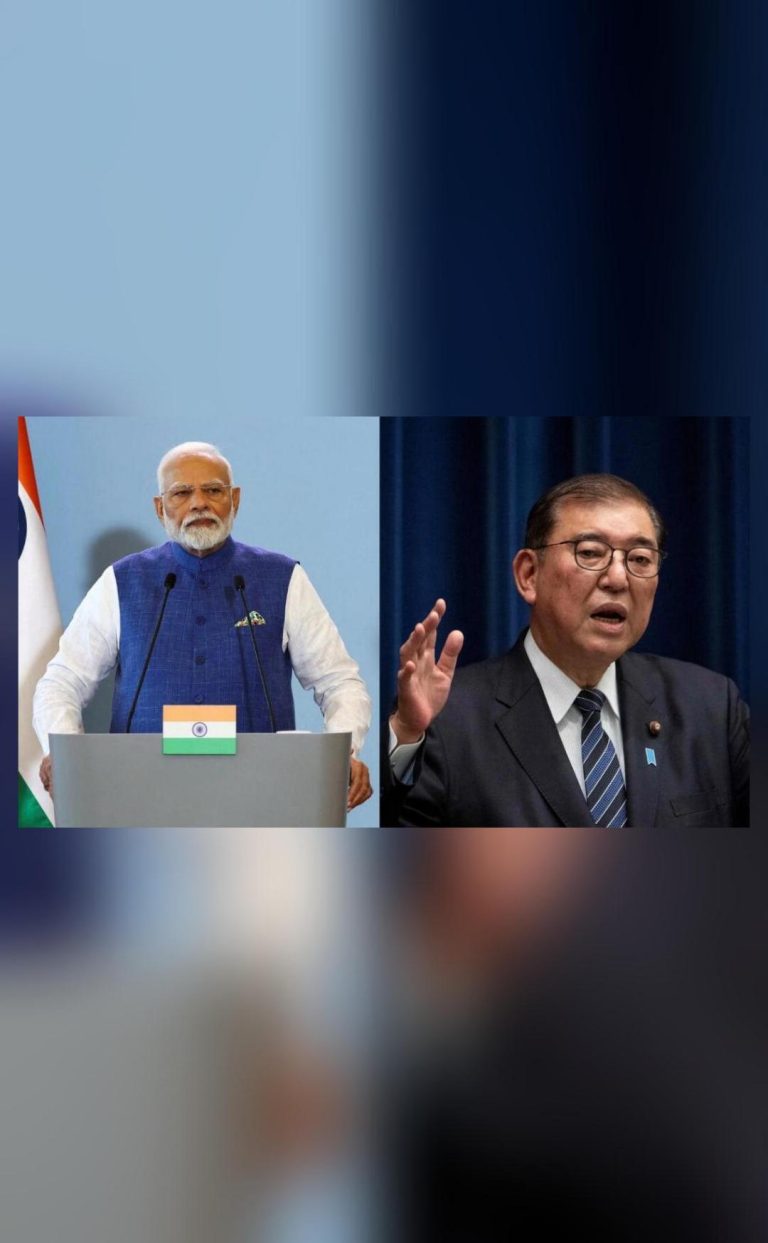
Ravindra Jadeja Compares Captaincy in T20 & Test Format: Insights from a Seasoned Pro
Ravindra Jadeja, the versatile Indian all-rounder, has shared his thoughts on the challenges and differences of captaincy in the Test and T20I formats. In a candid conversation with his fellow spin maestro, R Ashwin, Jadeja shed light on the intricacies of leading a team in these two formats.
In the Test format, Jadeja emphasized the importance of being calculative and making adjustments according to the needs of the bowler. He explained that a Test captain needs to change fielders strategically, taking into account the strengths and weaknesses of the opposing team. This requires a deep understanding of the game and the ability to make informed decisions quickly.
“I think in Test cricket, you have to change two-three fielders as per the need of the bowler. Captaincy in Test cricket is different. It’s simple, but calculative. It’s not complicated like IPL or T20Is.”
This statement highlights Jadeja’s understanding of the nuances of Test cricket, where a captain’s decision-making can greatly impact the outcome of the match. By adjusting field placements and bowling strategies, a captain can put pressure on the opposing team and gain an upper hand.
In contrast, T20Is are a different beast altogether. Jadeja pointed out that every ball is an event in T20 cricket, making it a high-pressure and intense format. A T20 captain needs to be able to think on their feet and make quick decisions, often with limited information.
“Every ball is an event in T20s. You have to be ready to adapt quickly, and you can’t keep thinking about the game for too long. You have to be able to make quick decisions and move on.”
This is a crucial aspect of T20 cricket, where a single misstep or poor decision can prove costly. A captain needs to be able to stay focused and adapt quickly to changing situations, often with limited resources.
Jadeja’s comments are a testament to his experience as a captain in both formats. He has led the Indian team in T20Is and has also been a part of several successful Test campaigns. His insights offer a unique perspective on the challenges and differences of captaincy in these two formats.
The differences between Test and T20 cricket are well-documented, but Jadeja’s comments highlight the unique demands of each format. In Test cricket, a captain needs to be strategic and calculative, while in T20s, they need to be quick-thinking and adaptable.
Jadeja’s experience as a captain has also given him a deeper understanding of the mental and physical demands of leadership. He emphasized the importance of staying focused and maintaining a positive mindset, even in the face of adversity.
“I think the most important thing is to stay calm and composed, even when things are not going your way. As a captain, you have to be able to handle pressure and stay focused. It’s not easy, but it’s essential to succeed.”
This statement is a reminder that leadership is not just about making tactical decisions, but also about managing the mental and emotional well-being of the team. A captain needs to be able to stay calm and composed under pressure, and Jadeja’s words offer a valuable insight into the mindset required to succeed at the highest level.
In conclusion, Ravindra Jadeja’s comments on captaincy in T20 and Test formats offer a unique perspective on the challenges and differences of leading a team in these two formats. His experience as a captain in both formats has given him a deep understanding of the intricacies of Test cricket, while his comments on T20 cricket highlight the intense pressure and quick decision-making required in this format. As a seasoned pro, Jadeja’s insights offer valuable lessons for aspiring captains and a reminder of the importance of staying focused and adaptable in the ever-changing world of international cricket.






